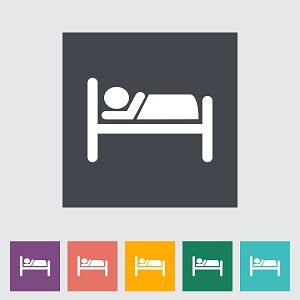A federal law requires residential addiction treatment centers to have 16 or fewer beds in order to qualify for Medicaid coverage, The New York Times reports. The law is impeding efforts to expand addiction treatment coverage under the Affordable Care Act (ACA).
The ACA allows states to expand Medicaid to many more people with low incomes. So far, 26 states have done so, the article notes. The law also categorizes substance abuse treatment as an “essential health benefit.”
But another federal law, enacted almost 50 years ago, restricts the number of beds a facility can have in order to receive Medicaid coverage. The law is likely to prevent many patients from entering residential programs at a time when heroin addiction is on the rise. Ninety percent of addiction treatment beds in California are in programs with more than 16 beds.
The intent of the law was to prevent Medicaid from paying for treatment in state psychiatric hospitals, and instead to have states provide funding. The law included residential substance abuse treatment programs.
“The federal government basically said to the states, ‘We’re not going to pay for your institutional care,’” Becky Vaughn, Executive Director of the State Associations of Addiction Services, told the newspaper. “Addiction services never should have been wrapped into that because we are not long term.”
Congress could change the law, a move urged by treatment centers and state Medicaid directors. It is unlikely Congress will make a change, however, because it seems unwilling to deal with any health care issues, and because a change could be costly.
Paul Samuels, Director of the Legal Action Center, a nonprofit group that advocates for people with addiction, said outpatient treatment, which usually consists of one or more group counseling sessions a week, is not enough for the severely ill.
Published
July 2014
 Get Support
Get Support

